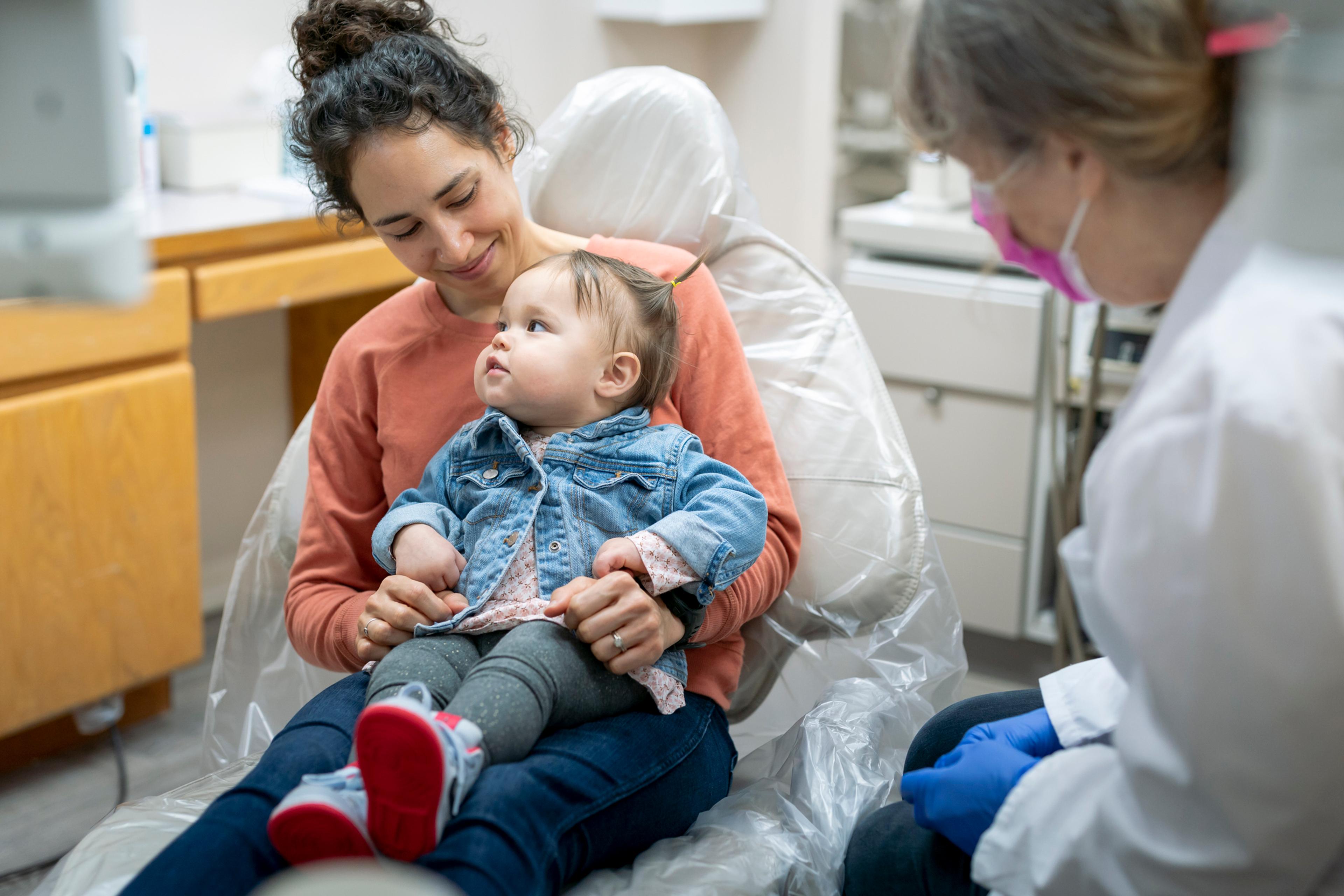Adults aren’t the only ones who get stressed out
A Healthier Michigan
| 4 min read

It’s tempting to romanticize childhood as a time where the biggest concerns are who to sit with in the cafeteria, what your summer plans are, and what to spend your allowance on. Reality during childhood can often be a lot different than the ideal.
What stresses children?
Children can feel stress about things going on in their own lives (like their grades and friendships) as well as things happening in the world around them (their parents’ finances or something they overheard on the nightly news). While some stress is healthy and can help your child learn to adapt to different situations, too much of it, or specific stressors, can have long-lasting negative effects. A 2020 study showed that extreme childhood stress can impact development and physical health as well as how they behave as adults.
School and grades
While a certain amount and the right type of stress can help with learning, stress manifests differently for different students and stress should not be used as a learning mechanism by design. The most common school- and learning-related stressors are:
- studying, assignments, exams and test preparation
- grade level competitiveness and self-image tied to grades
- mental fatigue from gaining a big quantity of knowledge
According to a 2022 study, the main symptoms or results of academic stress in children includes:
- fatigue
- loss of appetite
- headaches
- gastrointestinal issues and ill health
- anxiety
- depression
- poor academic performance
Social anxiety and friendships
Many kids develop anxiety about social situations, including situations where they are expected to talk to peers or speak or perform in front of an audience, according to the Mayo Clinic. Some kids may start to avoid these situations or change their behavior to get away from them. Examples of experiences that might trigger social anxiety and stress for kids:
- music or theatre performances
- public speaking or presentations
- answering questions or reading out loud in class
- meeting new students or making new friends
- stress from extracurricular activities or clubs
- starting a new school year or new sport season
- being surrounded by large groups, such as lunch in the cafeteria or attending assemblies
Financial struggles or household stress
If a parent or caretaker loses work, a family member falls ill, an emergency happens, or just as inflation and income disparity grow, financial struggles and household budgeting can affect children’s stress levels. Financial issues may mean poverty and food scarcity, or an increase in disagreements and arguments in the family, as well as children noticing the increased stress levels of the adults around them.
It may be tempting to try to keep kids in the dark about financial issues, but this can increase confusion and stress, according to the American Psychological Association. It can be helpful to explain financial issues to children in terms and at the level they can understand – but it is also important to use non-vague language about expenses.
How to help kids with stress
According to the American Psychological Association, most parents are unaware of how stressed their kids really are. The main thing you can do is keep an eye out for common symptoms of stress in children, which include:
- headaches
- chest pain
- rapid heartbeat
- stomachaches
- fatigue
- anxiety
- social isolation
- withdrawal from usual activities
- mood swings, emotional outbursts, and aggression
- trouble concentrating
The best way to find out if your child is stressed is to ask them directly. Asking them about what the word stressed means to them and what causes them to worry will start a conversation about what you can do together to alleviate and handle the situation. It’s important to let your kids know that stress is a normal part of life and that there are coping mechanisms to help them get through it. By guiding your kids through the process of dealing with their stress in a healthy way, they will be much more prepared to handle anxiety as they grow into adulthood.
Related Links:
Image credit: Getty Images





